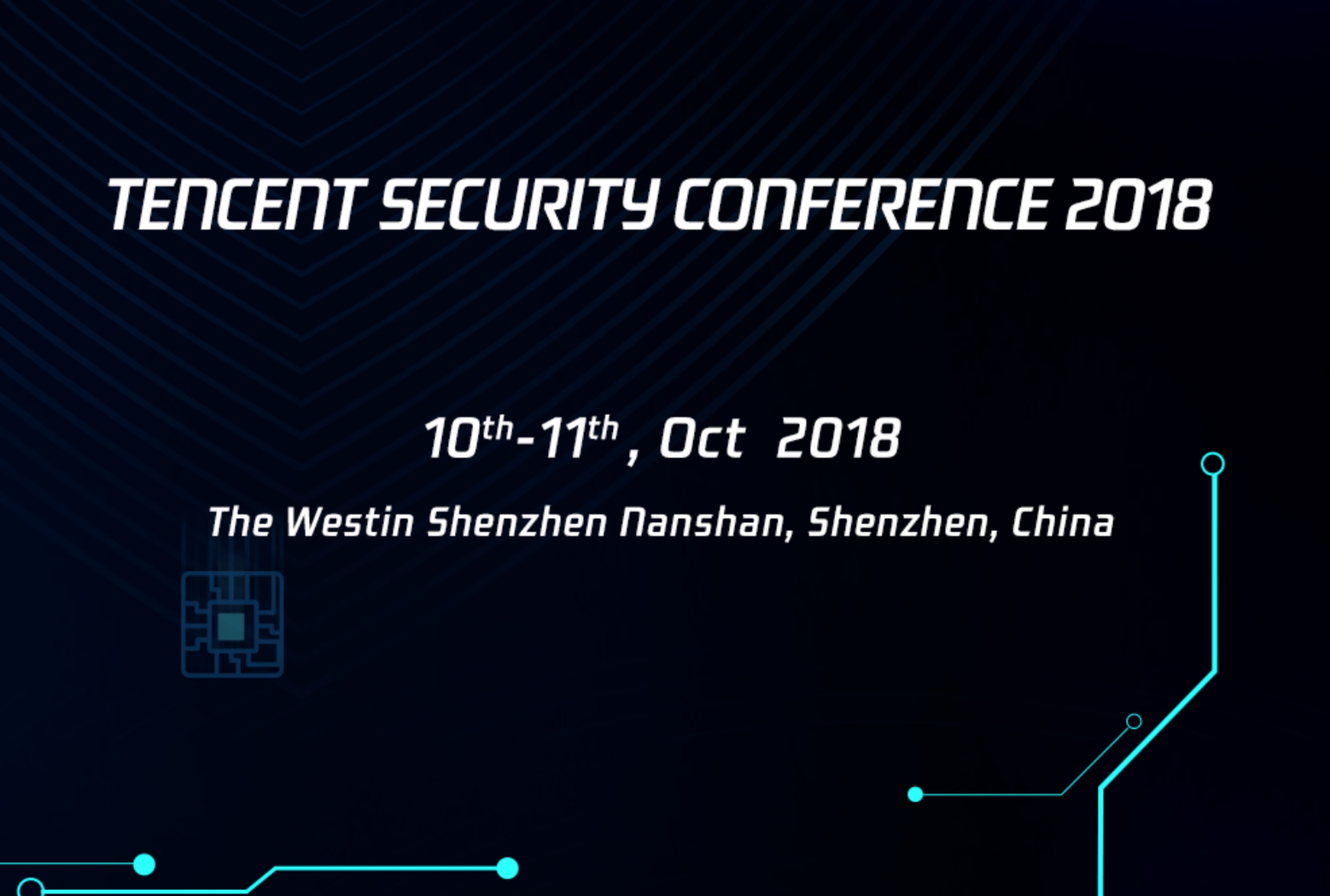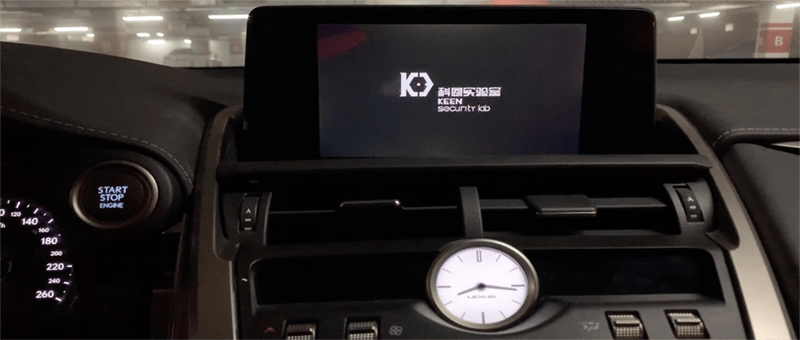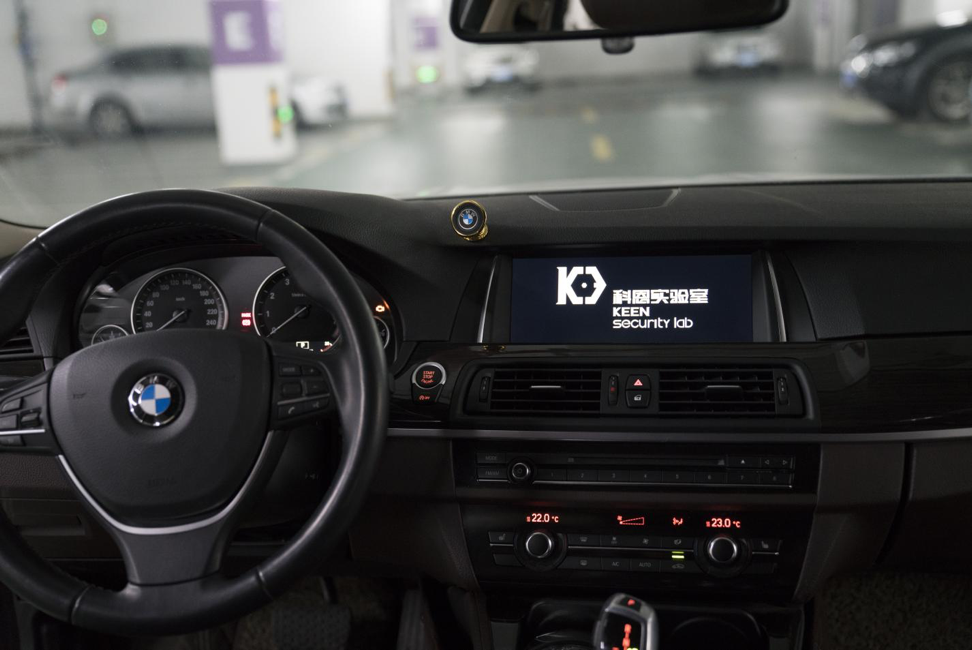
Tencent Security Conference (TenSec) is an international cybersecurity summit launched by Tencent Security, hosted by Tencent Keen Security Lab and Tencent Security Platform Department, and co-organized by Tencent Security Academy.
TenSec 2018 will be held on October 10 and 11, with the most heated debate in the cybersecurity area, the most famous technology corporations, car manufacturers and security communities of leading experts from all over the world. The summit focuses on Big Data, Artificial Intelligence, Mobile Internet, Cloud Computing, Internet of Things, Block Chain, Virtualization, Intelligent Connected Vehicle and research tools in the security field, and encourages the sharing of the forefront of the international first-class security technologies and research achievements. We look forward to create a platform to discuss the security technology innovation and the development trend in the future for all the experts in the security community.
Since its launch in 2016, TenSec has been committed to exploring international frontier security technologies and research, building a long-term and sustainable communication and cooperation platform for international manufacturers and security communities to safeguard emerging Internet forms and user security.
Read More...








